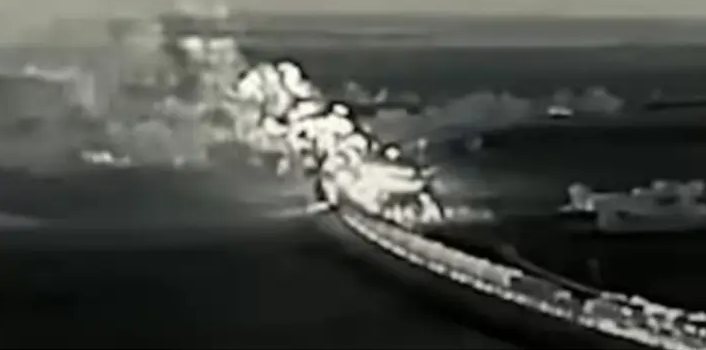Former Proud Boys Leader Enrique Tarrio Arrested at U.S. Capitol Following Controversial Pardon
Enrique Tarrio, the former chairman of the far-right group Proud Boys, was arrested at the U.S. Capitol on Friday, according to law enforcement officials. Tarrio, who had previously been pardoned by former President Donald Trump, found himself in legal trouble once again after an altercation with a woman on Capitol grounds. Authorities reported that the incident occurred shortly after a press conference concluded, when Tarrio allegedly struck the woman’s phone and arm after she held her device near his face. This latest arrest adds another layer to Tarrio’s already contentious legal history, which has been marked by his involvement in the January 6, 2021, Capitol riot.
Tarrio’s legal woes stem from his 2023 conviction on charges of seditious conspiracy, for which he received the longest prison sentence among all individuals charged in connection with the January 6 attack. Interestingly, Tarrio was not physically present at the Capitol on the day of the riot, but prosecutors argued that his influence and actions played a significant role in the events that unfolded. During his sentencing, evidence presented by prosecutors included a nine-page strategic plan discovered in Tarrio’s possession, which outlined intentions to “storm” government buildings in Washington, D.C. This document, along with violent rhetoric found in his communications with other Proud Boys members, painted a damning picture of his involvement in the plot to disrupt the certification of President Joe Biden’s electoral victory.
The sentencing highlighted Tarrio’s central role in the Proud Boys’ activities, with prosecutors emphasizing his leadership and the group’s coordinated efforts to incite violence. Tarrio’s 22-year prison sentence underscored the severity of his actions, as he was held accountable not only for his direct involvement but also for the broader impact of his leadership on the group’s actions. His sentence was notably longer than those handed down to other January 6 defendants, reflecting the court’s view of his actions as particularly egregious. Despite his absence from the Capitol on the day of the attack, Tarrio’s strategic planning and inflammatory rhetoric were deemed instrumental in fueling the chaos that ensued.
Tarrio’s recent arrest at the Capitol adds another chapter to his tumultuous legal journey. While details of the altercation remain under investigation, the incident has reignited discussions about his controversial past and the implications of his pardon by former President Trump. The pardon, which had initially shielded Tarrio from federal charges related to the January 6 riot, did not extend to state-level offenses or future legal issues, leaving him vulnerable to further legal consequences. This latest development raises questions about the long-term impact of presidential pardons and their limitations in shielding individuals from ongoing legal scrutiny.
As Tarrio faces yet another legal battle, his story continues to serve as a focal point in the broader narrative surrounding the January 6 attack and its aftermath. His arrest underscores the enduring consequences of his actions and the ongoing efforts by law enforcement to hold individuals accountable for their roles in the events of that day. Tarrio’s case also highlights the complexities of justice in politically charged cases, where the interplay of leadership, rhetoric, and direct action can have far-reaching implications. As the legal proceedings unfold, Tarrio’s story remains a stark reminder of the lasting impact of the January 6 attack on American democracy and the individuals involved.





